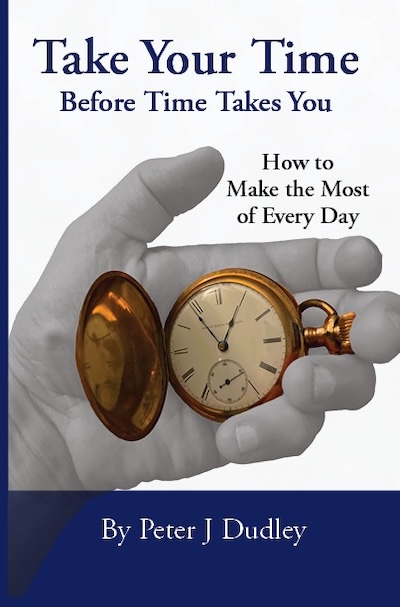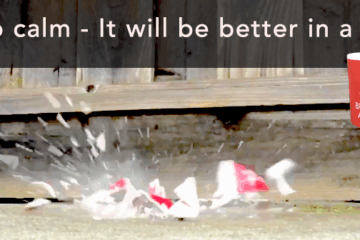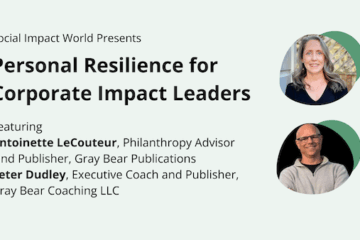Certainty is a red herring
Certainty is a red herring. Certainty is a false destination, like the Fountain of Youth. That doesn’t stop people from seeking it, though.
Uncertainty generates fear and anxiousness, so it seems natural to want to eliminate uncertainty whenever it pops up. The reality is, however, you can’t eliminate uncertainty, no matter how much you learn or how many unknowns you clarify.
Fighting against uncertainty is like trying to make water run uphill. You can approximate certainty in controlled situations using a lot of force, but you can’t change the nature of water or the nature of gravity. Uncertainty is a fact of nature.

Tonight I’ll talk about Certainty as one of the Three Cs of Caregiving in a panel through Stanford Healthcare, and how striving for certainty in an inherently unpredictable situation leads to stress, anxiety, fear, and bad decision-making.
In caregiving (and leadership) situations, striving for certainty needs to be replaced by striving for compassion.
When someone prioritizes certainty—when they are driven by a need to know the one true answer—they constrict themselves and whatever system they’re working in. Demanding certainty leads to:
- Obsessive behavior
- Over-analyzing, to the point of paralysis
- Second-guessing good decisions and the people that make them
- Falling into distrust, possibly even paranoia
- Ruminating to the point of destructiveness
- Anxiety-like behaviors
When someone prioritizes compassion in an inherently unpredictable situation, however, they get:
- Patience with themselves and others
- Acceptance of a reality that is, rather than a fantasy they wish for
- More trust in others, more trust in themselves, and more trust in the future
- Encouragement and positivity
- A broader view of possibility, leading to greater creativity in problem solving
- More resilience and flexibility because change is expected, not feared
This, of course, is easier said than done. If you’re naturally a person who is uncomfortable with uncertainty, embracing it and turning toward a compassionate mindset instead can feel like putting on a blindfold while walking on the edge of a cliff.
Like most skills, however, the more you do it, the easier it becomes. Over time, you’ll see that when you demand less certainty and exhibit more compassion, you’ll get compassion back more often than not, and you will feel less anxious about the future.
Connect with me
Schedule a consultation session now or drop me a line.

With Take Your Time Before Time Takes You, learn to make the most of every day through thought-provoking exercises and perspective-twisting stories. Get it now in paperback or ebook.
“It changed my life.” – TP, client
“A go-to guide for people who want to improve their lives but don’t know where to start.” – MJ, earlier reviewer

RELIT: How to Rekindle Yourself in the Darkness of Compassion Fatigue gives practical, actionable advice on avoiding and overcoming compassion fatigue and caregiver burnout. My chapter explains how I stay centered and focused so I can give every client my best, every time.
Download my chapter for free: Show up. Try hard. Be nice.
Or just go buy the whole book. It’s worth it.


